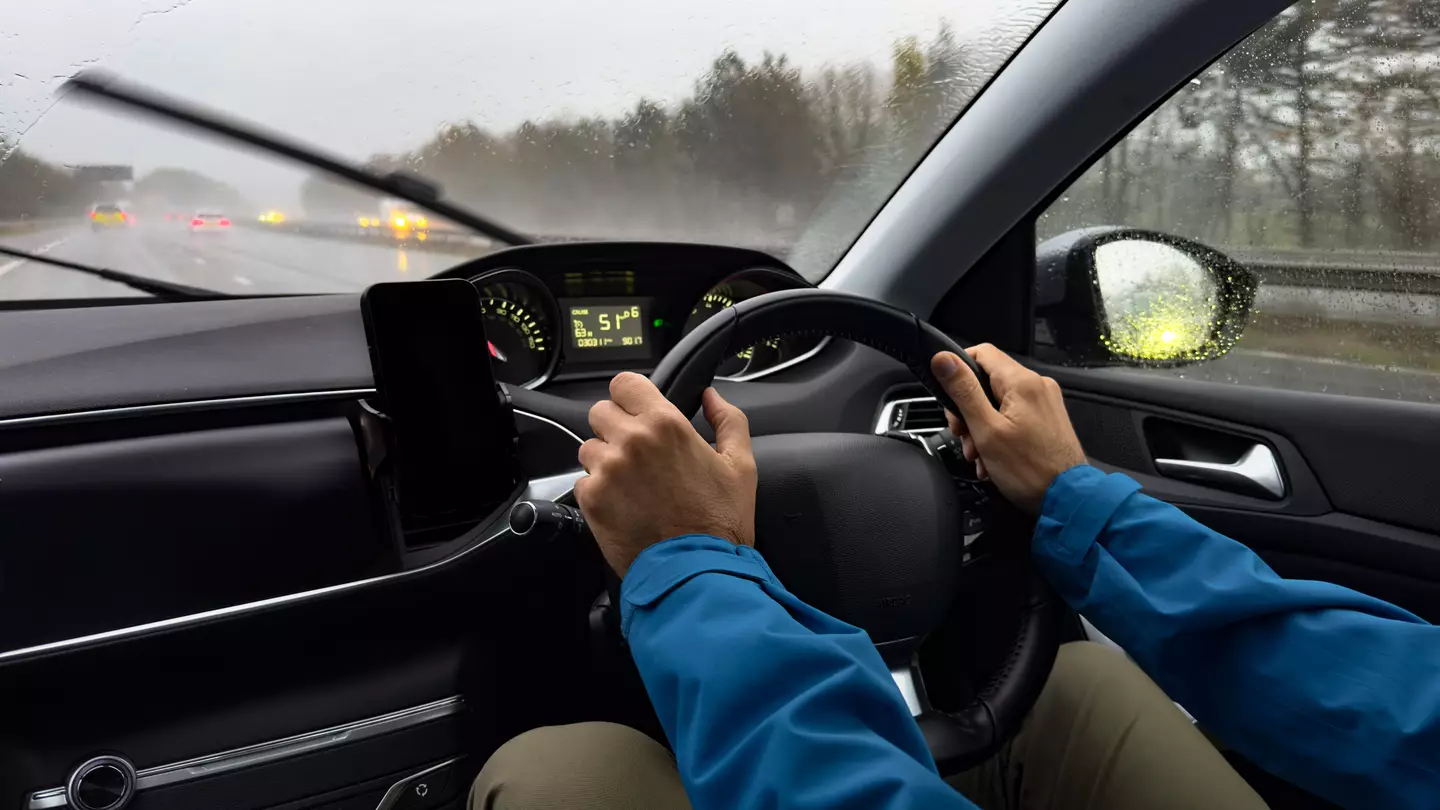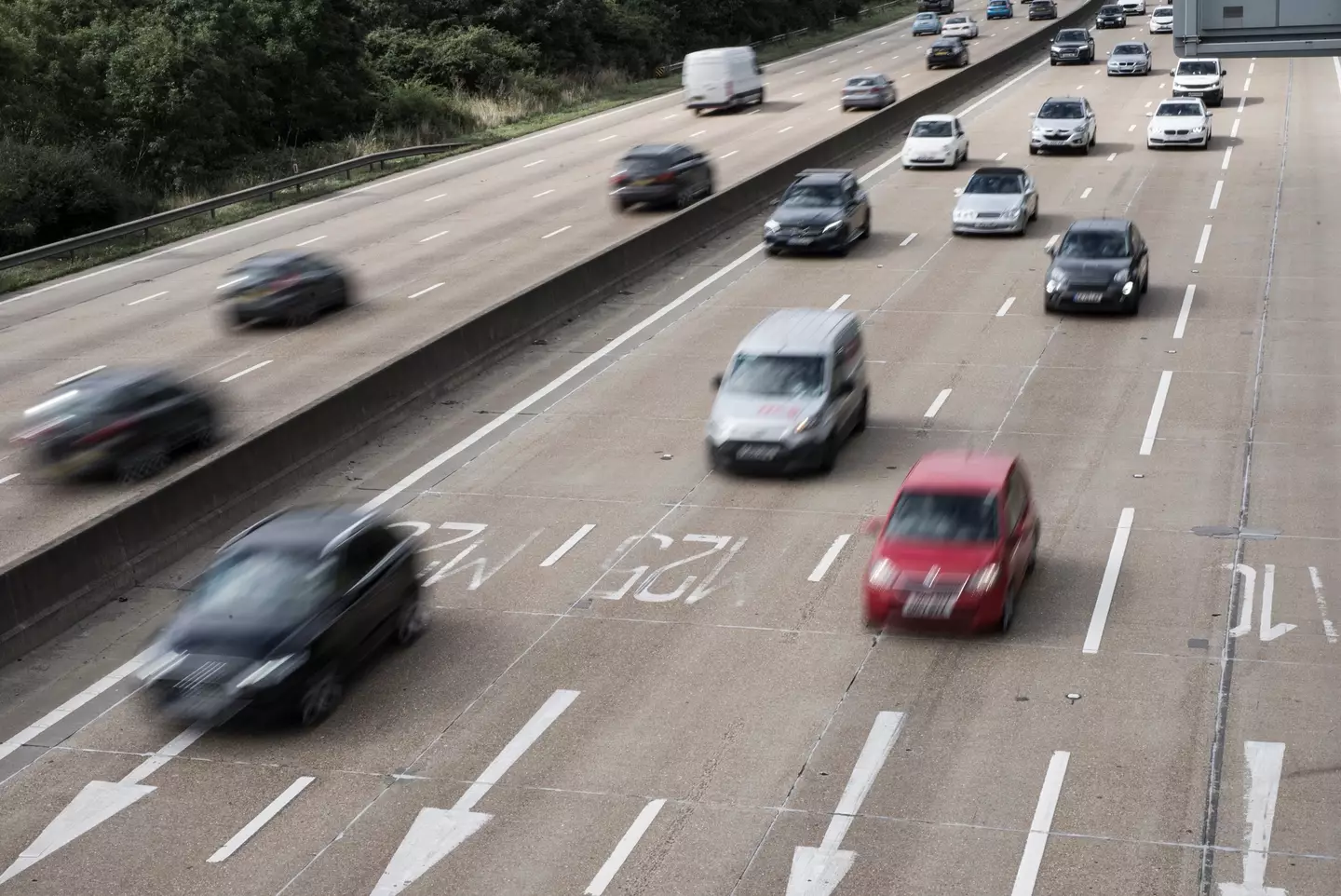
A warning has been issued that it’s against the law to drive with certain drugs in your system, even if they are legal and prescribed.
Obviously, when you get behind the wheel you need to be able to concentrate and have your wits about you - and anything that takes away from this can pose a danger.
Most people are aware of which drugs you can take abroad on an airplane, but it seems that the laws surrounding driving are not quite as well-known.
While you can get a fine or go to prison if you travel with medicine that’s illegal in another country, there are similar outcomes for those who drive without abiding by the laws surrounding drugs.
Advert
In short, it’s illegal in England, Scotland and Wales to drive with ‘legal drugs in your body if it impairs your driving’.
And this advice comes from the official UK government website, so it’s important that you take note.
Here's everything you need to know about what is and isn't allowed.

If you’ve been prescribed any of the below drugs, you should consult your doctor about whether you should drive:
- amphetamine, for example dexamphetamine or selegiline
- clonazepam
- diazepam
- flunitrazepam
- lorazepam
- methadone
- morphine or opiate and opioid-based drugs, for example codeine, tramadol or fentanyl
- oxazepam
- temazepam
However, don’t panic as this of course isn’t a blanket ban and you can still take one of these and drive if you’ve followed the advice on how to take them by a healthcare professional.
Understandably, you have to make sure they’re not causing you to be unfit to drive - even if you’re above the specified limits, in most cases it’s okay as long as it’s not impacting your ability.
On the other hand, if you haven’t been prescribed one of these drugs and you’re found driving with them in your system, this is when you could face serious consequences and be prosecuted.

The law does not cover Northern Ireland but you could still be arrested if you’re unfit to drive, the government website adds.
What happens if you're caught drug driving in the UK?
Penalties for drug driving can vary from a minimum one year driving ban or an unlimited fine to up to six months in prison and a criminal record.
On top of this, your driving licence will show you’ve been convicted for drug driving for a whopping 11 years.
And the maximum penalty for causing death by careless driving under the influence of drugs is life imprisonment.
It’s also not just legal troubles you’ll face - the issues can actually seep into your personal life too.
The government advises that your car insurance costs will increase significantly if you’re done for driving on drugs.
If you drive for work, your employer will see your conviction on your licence and you may also have trouble travelling to countries like the US.

So all in all, as you can see, it’s really not worth it and it’s important to check up on the facts and touch base with your doctor if you’re taking new medication.
It comes as Greg Wilson, founder of car insurance specialists at Quotezone, has warned people on three specific prescription meds to 'avoid driving' altogether.
He explained: “If you are on strong medications, it is likely that you will be recommended to avoid driving.”
The expert told Birmingham Live: “Opioid painkillers, tranquillisers, and certain antidepressants are examples of medicines that can affect driving ability – as well as those that cause drowsiness or say ‘do not operate heavy machinery.”
Road safety charity, Brake, added that these warnings can be 'vague or in small print only' and ‘they may indicate there is a risk of impairment but not relate it to driving’.
This is why it’s always important to seek advice if you’re unsure, so we can keep the roads safe for everyone.